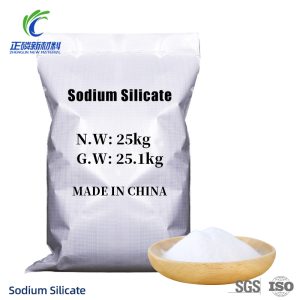Silicates are a group of minerals that play a critical role in various industrial and commercial applications. Their versatility and properties make them essential in many sectors.
Composition and Properties
What are Silicates?
Silicates are minerals composed of silicon and oxygen, often with additional metal ions. They form the largest and most important class of rock-forming minerals on Earth.
Key Properties
- Durability: Silicates are known for their hardness and resistance to weathering.
- Insulating Properties: They are excellent thermal and electrical insulators.
- Chemical Stability: Most silicates are chemically stable, making them suitable for various applications.
Industrial Applications
In Construction
- Cement and Concrete: Silicates, particularly calcium silicate, are crucial in cement and concrete, providing strength and durability.
- Insulation: Silicate minerals are used in insulating materials for buildings due to their thermal properties.
In Manufacturing
- Glass Production: Silica (silicon dioxide) is the primary component of most types of glass.
- Ceramics: Silicates are used in ceramics for their durability and heat resistance.
Specialized Uses
- Electronics: Due to their insulating properties, silicates are used in electronic components.
- Detergents: Silicates are added to detergents for their cleaning and buffering properties.
Economic Aspects
Cost Factors
- Availability: Silicates are abundant, which generally keeps costs low.
- Processing: The cost can vary depending on the processing required to extract and refine the silicates.
Market Trends
The global market for silicates is influenced by industrial demand, technological advancements, and environmental regulations.
Sodium Silicate Price per Kg
The price of sodium silicate per kilogram varies depending on purity, grade, and market conditions.
Environmental and Health Considerations
Safety
- Handling: Care is necessary when handling certain silicates, as they can be abrasive or harmful if inhaled.
- Disposal: Silicates are generally non-toxic and can be disposed of safely.

Sustainability
- Recycling: Glass and ceramics, made from silicates, are recyclable, promoting sustainability.
- Environmental Impact: Mining and processing of silicates can have environmental impacts, which are increasingly being addressed through regulations and improved practices.
Conclusion
Silicates, with their diverse properties and applications, are indispensable in many industries. From construction to electronics, their role is foundational and far-reaching. Understanding the economic aspects, including the pricing and market trends of products like sodium silicate, is crucial for stakeholders in these industries.